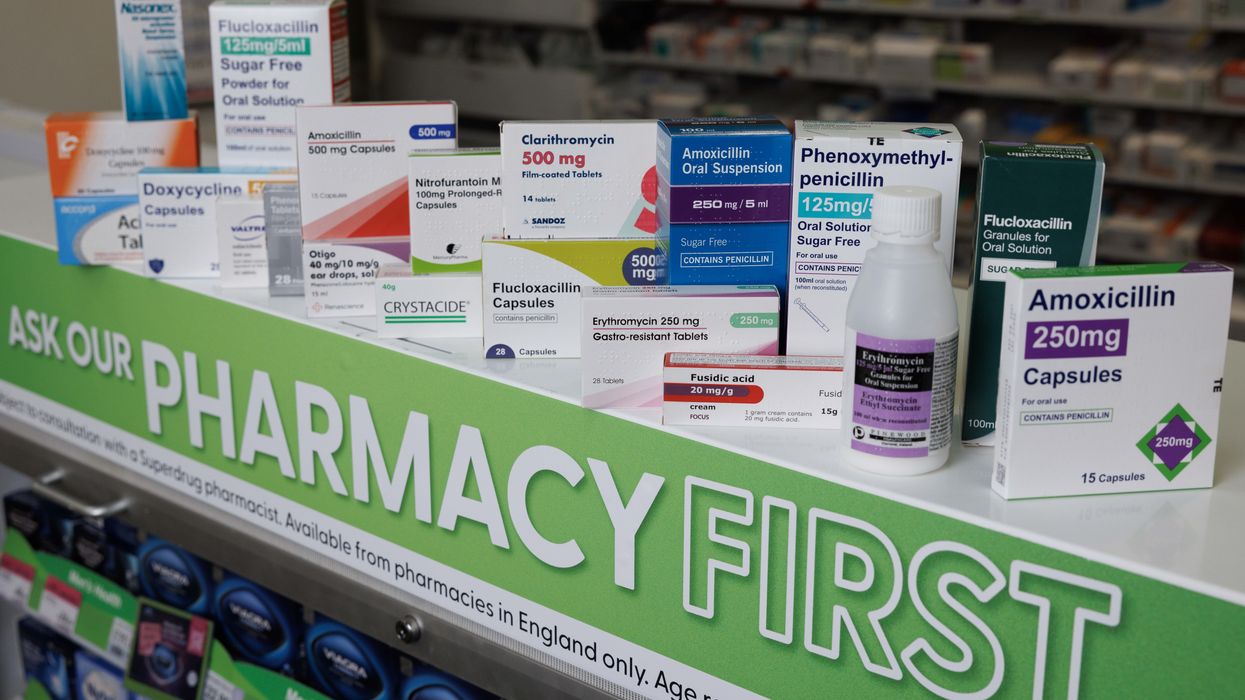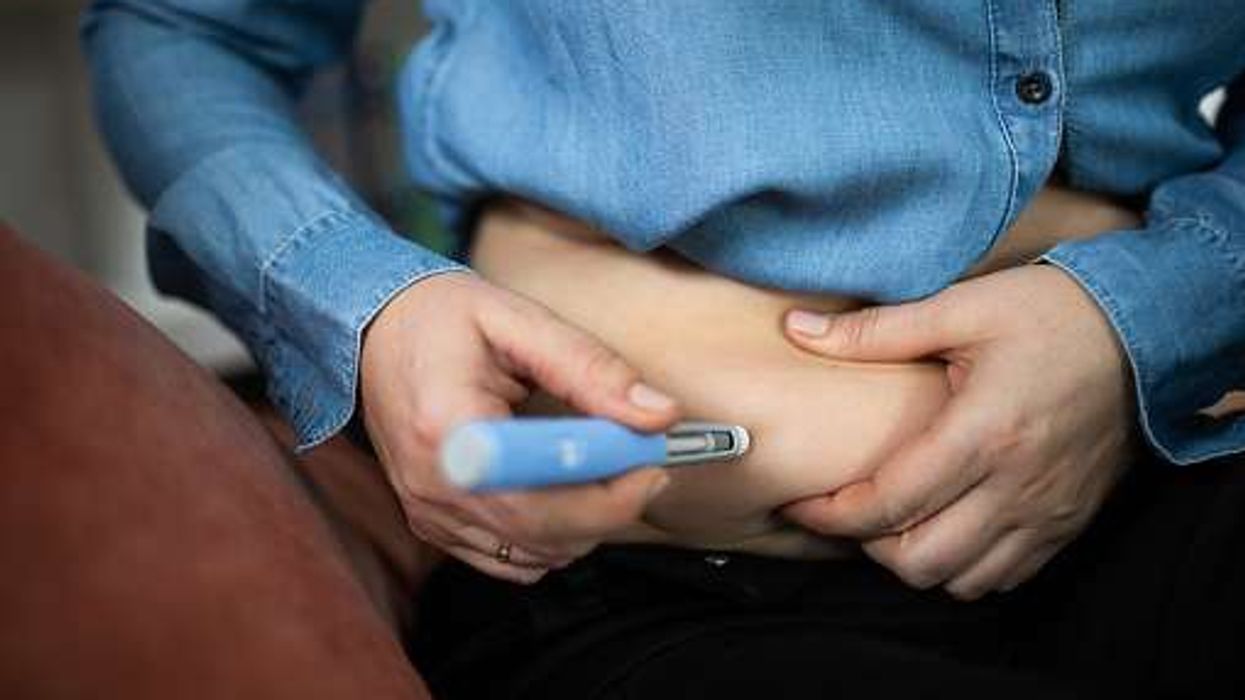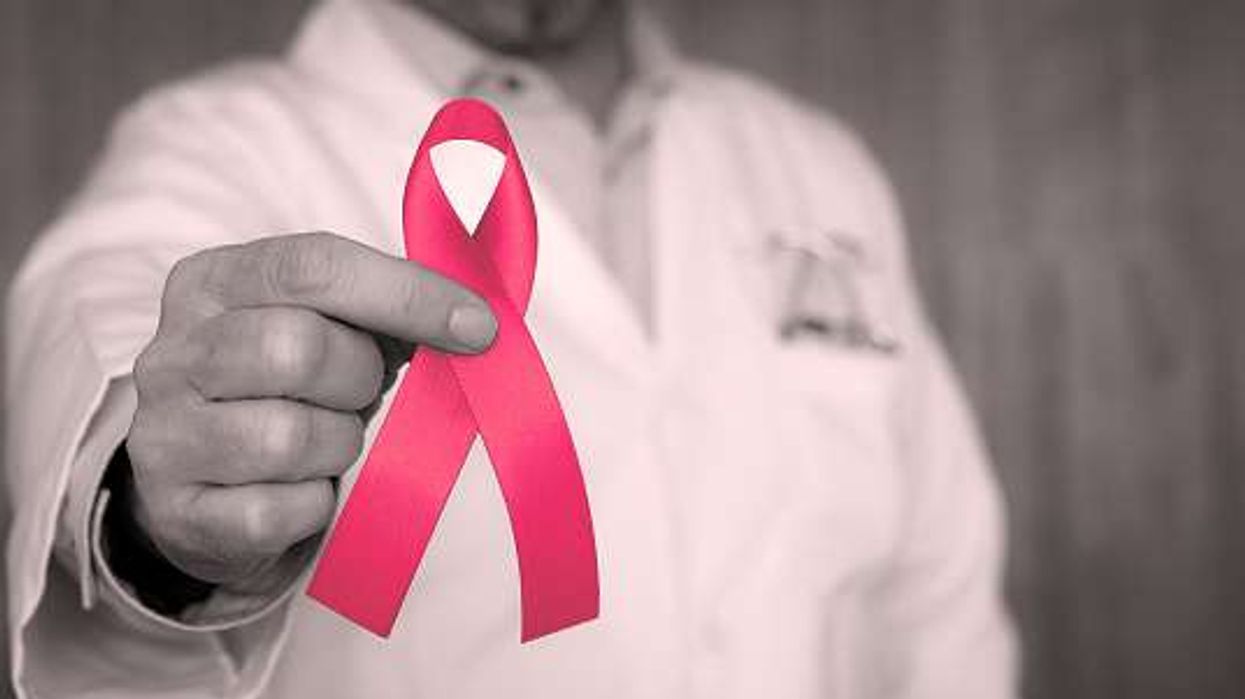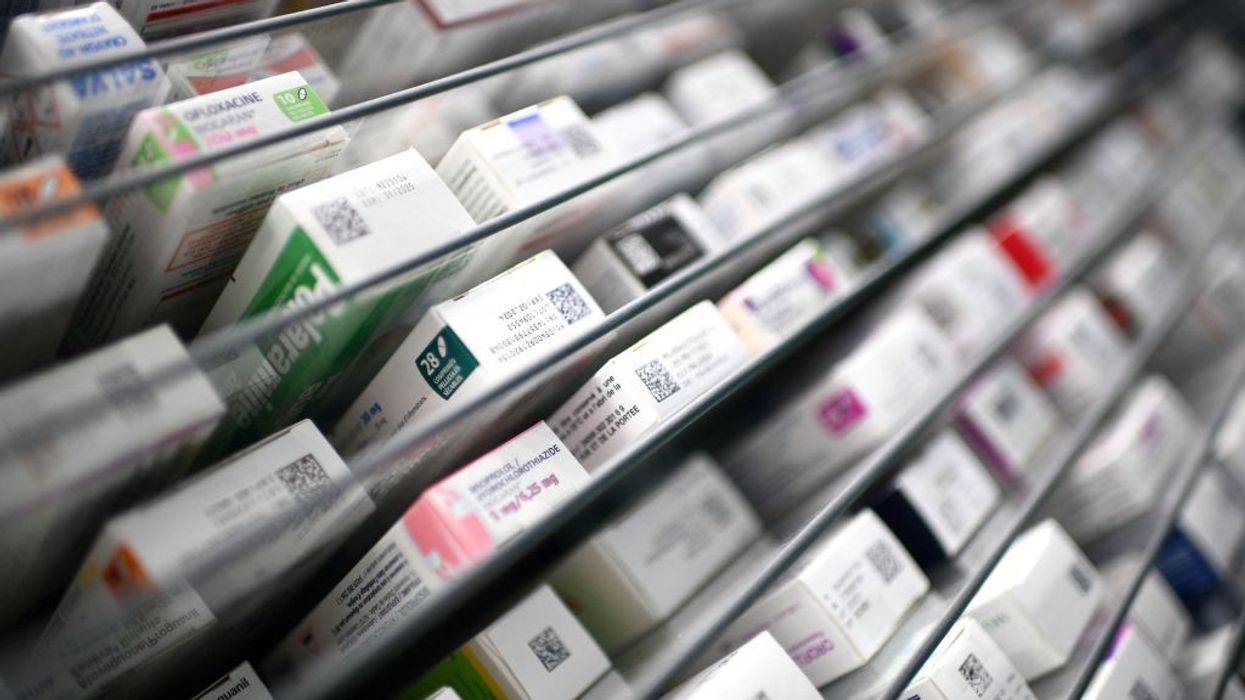Skin is your body’s largest organ. When it is healthy, its layers will protect you. However, if it gets compromised, your skin’s ability to work as an effective barrier will be compromised too. This is the main reason you should learn various ways of taking care of your skin and improving its health.
Generally, your skin is the largest window to your body that reveals many stories of your life. For instance, acne breakouts during teenage years, spots associated with aging, and the radiant glow of pregnancy are some of the unique things your skin can tell you about your age and inner health.
Your skin plays many roles, making it one of the ultimate multitaskers of your body. It acts as the first line of defense between your body and the outside world, protecting you from bacteria, harsh chemical substances, and other harmful substances that will likely come into contact with while at home or at work.
Additionally, your skin regulates your overall body temperature, controls moisture loss, and maintains fluid balance in your body. It acts as a shock absorber and a barrier. It also recognizes pain sensations and alerts you whenever you are in physical danger. These are some of the key roles that skin plays in the human body.
An effective skincare regimen comprises of many elements right from choosing soap free body wash and moisturizers to planning your diet and getting sufficient sleep. Here are important skincare tips to help you get healthy glowing skin.
1. Balanced diet
Today, a multi-billion-dollar industry focuses on specific products intended to keep your skin healthy and looking its best. A large number of these products claim to fight the common signs of aging. Most consumers don’t know that most moisturizers and body lotions only go skin deep while aging develops at a somewhat deeper, cellular level.
The specific foods you eat are as important as the high-quality products that you apply to your skin. Accumulating scientific evidence suggests that what you eat could improve your overall skin health from inside. Thus, a sustainable clear complexion will start with what you are eating rather than what you are applying on your skin.
Some of the common foods acknowledged by research for healthy skin include;
- Mangoes as they contain antioxidant compounds
- Tomatoes are associated with cancer prevention properties
- Cocoa flavanols in dark chocolate can improve the function and the structure of your skin
- Olive oil is linked to a lower risk of facial photoaging
- green tea is associated with many skin benefits such as rejuvenating dying cells
- Kales are a source of lutein and zeaxanthin that protects against you’ll be related skin damage
- White tea is linked to anti-aging and anti-cancer properties
- Soy can improve crow’s feet wrinkles that usually appear at the corner of the eyes, particularly in menopausal women
- Omega-3, usually found in pumpkin seeds, walnuts, and oily fish, is believed to prevent scaling and dryness of the skin
To maintain better skin health, it is recommended to cut your intake of alcohol and other foods that might increase inflammation.
2. Effective stress management
Have you ever realized that just before an important event, an unsightly pimple might appear on your face? Many scientists have established a link between stress levels and different skin problems. In a recent study of college students, those who had higher stress levels were more susceptible to various skin issues, including;
- Hair loss
- Scaly skin
- Itchy skin
- Waxy, oily, or flaky patches on the scalp
- Hand rashes
- Troublesome sweating
Other studies have revealed that most teenagers who reported somewhat high-stress levels are approximately 23% more likely to suffer from severe acne. Medical scientists suspect that high stress heightens the quantity of sebum – an oily substance that tends to block skin pores. This results in severe acne issues.
Generally, effective stress management and lead to healthy and glowing skin. If you usually experience higher stress levels, it is recommended to try various stress management techniques such as yoga, meditation, or Tai chi.
3. Moisturize your skin
Most moisturizers keep the skin’s top layer cells hydrated and seals in that pasture. These products usually container humectants that attract moisture, emollients to keep the spaces between your skin cells smooth, and occlusive agents that retain moisture in your skin. Effective moisturizing prevents red, dry, and itchy skin. Some of the ways to keep your skin hydrated and moisturized include;
- Avoid the use of harsh soaps. Just use fragrance-free gentle cleansers.
- Take a five to 10-minute shower daily. Keep in mind that excessive washing tends to strip away the oily layer of your skin, leaving it dry.
- Warm water rather than hot water.
- After a shower, pat your skin dry using a clean towel.
- Use creams or ointments instead of lotions to reduce skin irritation.
- Don’t get too close to a fireplace or other heat sources that might dry your skin.
- Wear non-irritating clothes.
- Moisturize your skin immediately after washing to retain the moisture.
If you realize you have unexplained skin rashes and other issues, it is recommended to consult with a trusted dermatologist to diagnose and create a treatment plan. Remember, your skin plays a key role in maintaining your overall body health, and you shouldn’t ignore any warning signs of skin problems.
4. Get sufficient sleep
Getting enough sleep can banish those unsightly dark circles around your eyes and improve your overall skin tone. Health experts recommend that you should sleep for between 7 and 9 hours daily. Failure to get enough sleep could be detrimental to your overall health, and your skin will be most impacted.
During deep sleep, your body gets a chance to regenerate the skin, brain cells, blood cells, and muscles. Insufficient sleep tampers with the production of new collagen, and this could lead to skin sagging.
Generally, keeping your skin healthy and a glowing requires you to eat a balanced diet, manage your stress levels, moisturize your skin, and get enough sleep every night.











